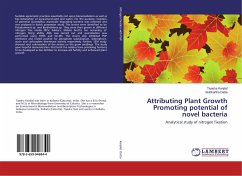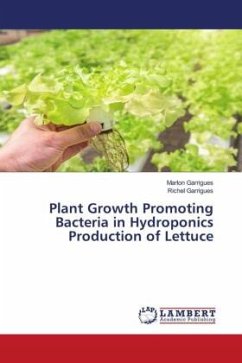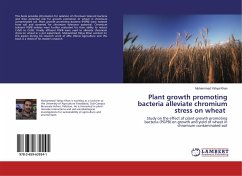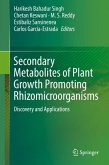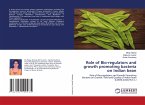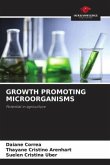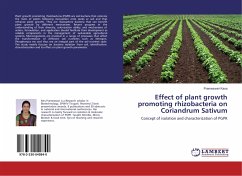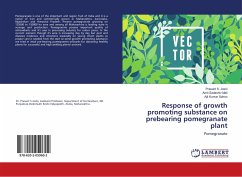Suitable agronomic practices essentially rest upon bioremediation as well as bio-reclamation of agricultural land and water. For the purpose, isolation of potential Quinalphos insecticide degrading bacteria was achieved and was analyzed in batch parameter study. The strains were identified to be Pseudomonas sp. and Burkholderia sp. They were then grown in different nitrogen free media (RCV, Ashby's, Malate broth). For screening of nitrogen fixing ability, ARA was carried out and quantization was performed using CHNS and GC-MS. The strains also exhibited PGP attributes and tested positive for phosphate solubilization, siderophore, auxin and carboxylate deaminase activity respectively. Further, SEM study showed root colonization of the strains on the gram seedlings. The study gave hopeful demonstration that both the isolates have promising features to be developed as bio-fertilizer to increase soil fertility and enhanced plant growth.

